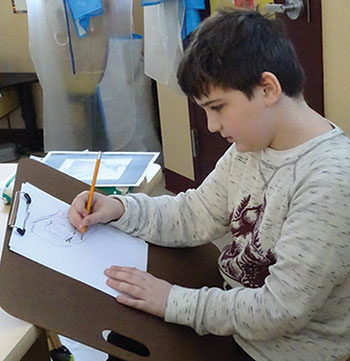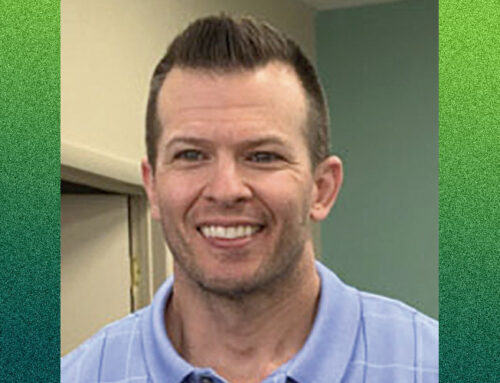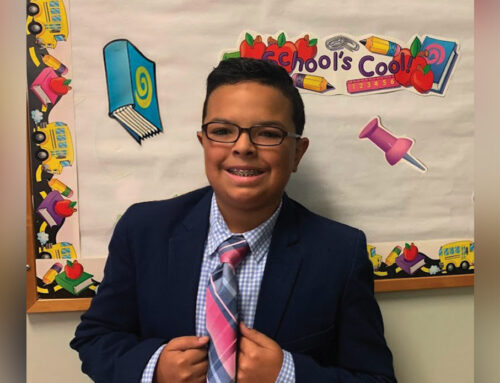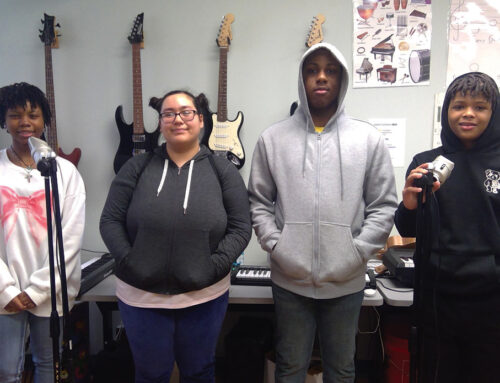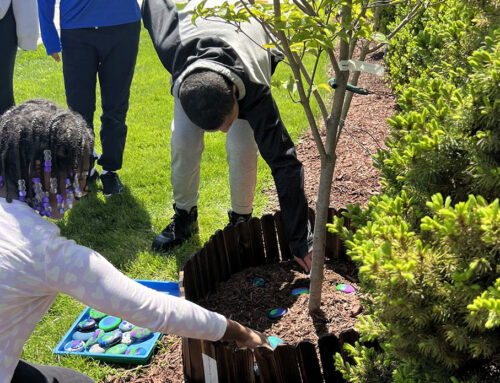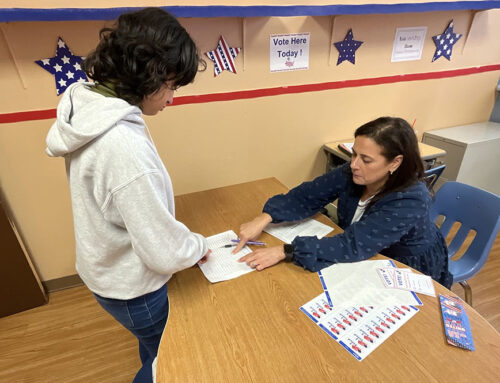“We know that character development, much like skills in content areas of math or history, can be taught and cultivated. Character is not static.”
– Dr. Anthony Hadzimichalis, School Principal
Failing is a natural part of the human experience. We all do it. The problem for students with disabilities is not failure in and of itself; rather, it is how they look at failure.
Westbridge Academy has a schoolwide “Growth Mindset” approach to teaching, reinforcing, and correcting students. This Growth Mindset reflects the idea that success comes from effort, learning from mistakes, and risk taking, and not from a student’s fixed set of talents or abilities. It is the difference between “you are really smart” — a fixed mindset — and “you worked really hard on that and you are improving,” a growth mindset.
Other educators are getting on board and learning that a Growth Mindset is an important foundation for the transition to adult life. Working with SEL4NJ, the Social Emotional Learning Alliance of New Jersey, leaders at Westbridge took part in discussions about the importance of social and emotional learning as an in-demand skill set for the workforce. Data shows that for every dollar invested in SEL programming, there is a return of $11. Employers need employees who can work with diverse teams, grapple with problems, and adjust to rapid change. New Jersey employers are directly calling for it, as evidenced in their job postings.
“With its value in the workforce, a growth-oriented mindset could conceivably take one of our students from solving a complex conflict occurring at the school to solving a complex political or environmental conflict in their community or career,” he concluded.
Growth Mindset:
Tips for Parents and Teachers
First:
Confront your own beliefs and ideas about mindset—do you believe change is possible?
- Talk about your life’s “why”—your reason for going to work, your motivation to get up in the morning, why you make the choices you do.
- Talk about your own process of problem solving; it takes time and can be difficult, but it is important to teach children that problems have solutions.
- Talk about the amazing brain, its ability to heal itself, and its ability to change, grow, learn, and adapt.
- Talk about events as “growth processes.” For example: Encourage your kids to study living things that grow and change: caterpillars, fish, reptiles, animals. Tell your kids about things you learned to do, that you struggled with in the past.
- Be a growth mindset role model. Use phrases like “not yet” instead of “I can’t.”





